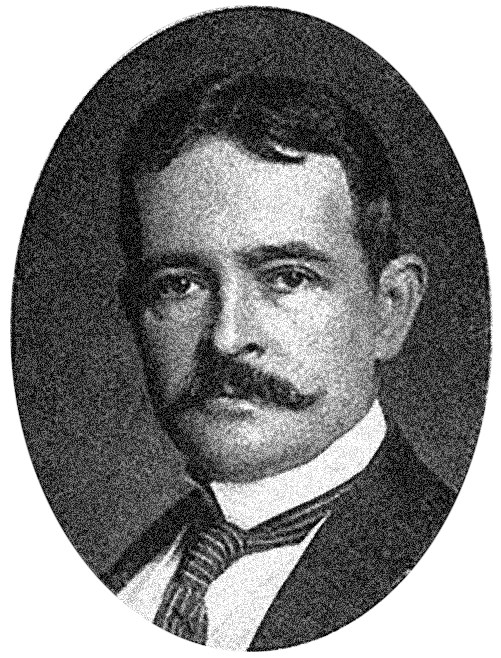Dear Abbe: Stealing the merit for another's deeds

EDITOR'S NOTE: "Dear Abbe" – named in honor of plastic surgery pioneer Robert Abbe, MD – provides plastic surgery residents an opportunity to anonymously share concerns and seek advice from a highly respected, senior-level faculty member. Christian Vercler, MD, a clinical associate professor in the Section of Plastic Surgery at the University of Michigan – where he also serves as co-chief of the Clinical Ethics Service of the Center for Bioethics and Social Sciences – and Kate Kraft, MD, a professor in the Department of Urology at the University of Michigan, step into Dr. Abbe's shoes for this installment. The views expressed in this column are those of the author and should not be considered legal advice. Residents and Fellows are encouraged to submit questions to DearAbbe@PlasticSurgery.org. Names will be withheld.
Dear Abbe: How should I deal with a co-resident who's taking credit for my work?
– Resident Purloinee
O, what a tangled web we weave, when first we practise [sic] to deceive!
– Sir Walter Scott, Marmion 1808
Dear Purloinee,
Your dishonest and fraudulent co-resident is on a ruinous path. I assume this is regarding a research project, as deception in the clinical context is challenging to maintain (e.g., the nurse and patient know that you changed the dressing and pulled the drain after rounds, not your co-resident. How can that subterfuge last?). Academic productivity is the "coin of the realm" in our hypercompetitive specialty, so the pressure to publish is significant. Hence, there exists a perverse incentive to steal someone's idea and present it as your own at a lab meeting, or claim to have done the data analysis that a student did, etc. Unfortunately, the propensity for humans to pass off someone else's work as their own is as old as recorded history. As irritating and outrageous as it is, there's no advantage to giving into your righteous indignation. Approach this professionally and systematically.
First, gather evidence of your work: emails, lab notebooks, documents – anything time stamped can demonstrate you having done the work prior to your co-resident's involvement. (If you are not in the habit of documenting your work, now is the perfect time to start.) Then communicate directly with your co-resident. Arrange a meeting and present your evidence and express your concerns about them taking credit for your labor. Allow them to explain their actions and listen to their perspective. There's a chance that this could all just be a miscommunication or misunderstanding that can be straightforwardly resolved.
If a collegial discussion does not clear things up, then you need to involve your research mentor. Make sure to present your evidence as well as relate your unsuccessful prior attempts at resolving the issue. A good approach is to ask your mentor for advice on how you can resolve the situation rather than asking her to "fix it." A good mentor should recognize her role in adjudicating this and step in appropriately.
The next step is to familiarize yourself with your institution's policies and procedures regarding authorship, intellectual property and research integrity.
In extreme cases, you might need to escalate the matter to a section chief, department chair, ombudsman or research integrity office.
Remember to keep a professional demeanor while going through this process, focusing on correcting the situation, rather than engaging in an acrimonious interpersonal conflict.